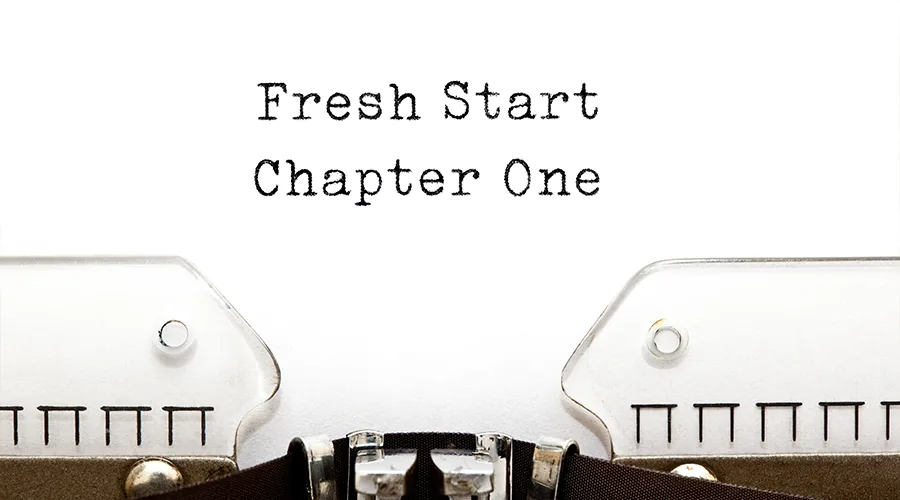
At Sydney Hills Counselling we help you to navigate life transitions and make successful adjustments with professional counselling. Find support, guidance, and strategies to manage change, overcome challenges, and embrace new beginnings in the Sydney Hills District. Learn to manage any life transition easily and reduce any anxiety that usually accompanies these uncertain transitions.
When someone is experiencing a mental health issue, whether it be anxiety, depression, stress, family, or relationship difficulties, the sooner they seek help, the sooner they will feel better. In Australia, it’s estimated that 45% of us will experience a mental health condition in our lifetime.
One in five Australian citizens will experience mental or behavioural conditions each year. The Australian Bureau of Statistics recently reported that according to findings from a recent national survey, 20% of Australians between the ages of 16 and 34 experienced varying high levels of mental distress. This is almost double the number of older Australians aged between 65 to 85!
The survey also found that over most age groups, women experienced higher psychological distress levels than men did. These percentages represent only 15% of the population who are experiencing some form of mental health concerns, and furthermore, mental health is something that greatly varies from person to person.
Anxiety was the most common Mental Health condition experienced by 5.5 million Australians (26.3%) during the lockdown period, an increase of over 1.1 million suffering from anxiety in the pre-COVID-19 period. There was also a significant increase in Australians suffering from depression during the lockdown period by over 3.8 million Australians.
So how can counselling help with resolving mental health issues? Counselling can provide you with skills and insight that will allow you to mitigate symptoms and their repercussions. At Sydney Hills Counselling, we work to recognise and develop your inner strengths and resources; we become your supportive partner in your journey towards better mental health, equipping you with tools and strategies to improve, even once your counselling sessions have ended.
So, when should you consider starting counselling sessions? If you have a problem which is causing you distress and it’s interfering with some aspect of your life, it may be time to consider seeking professional help.
If the following statements apply to you, it may be time to consider talking to a professional, registered counsellor, particularly if nothing you have tried so far has worked: